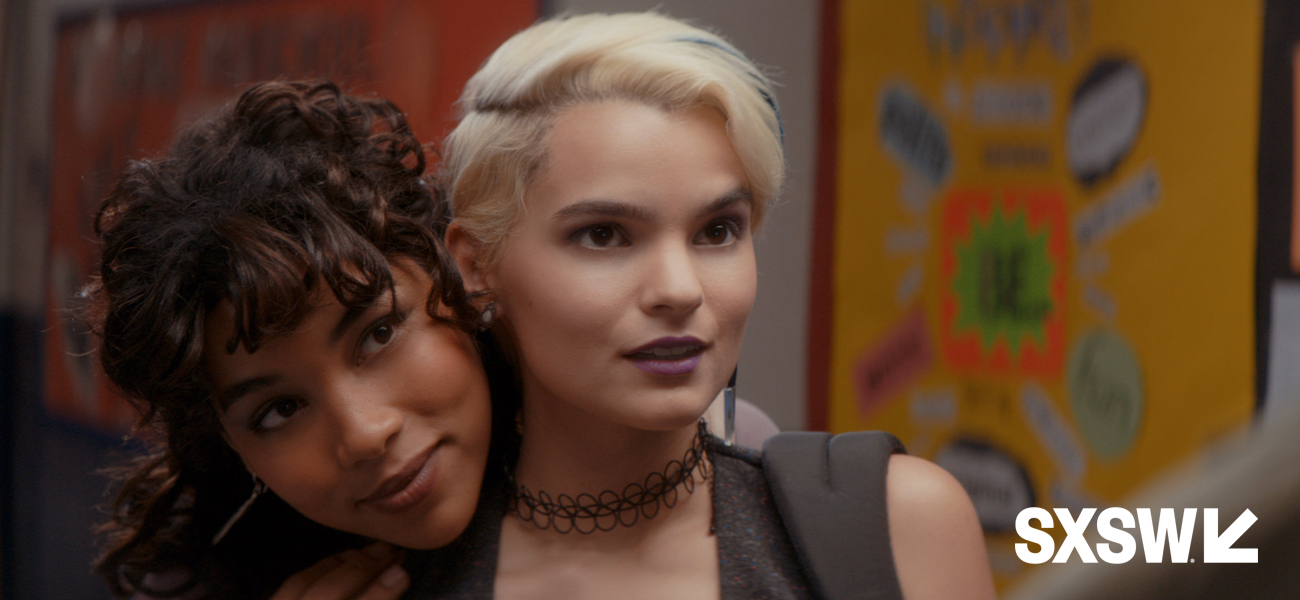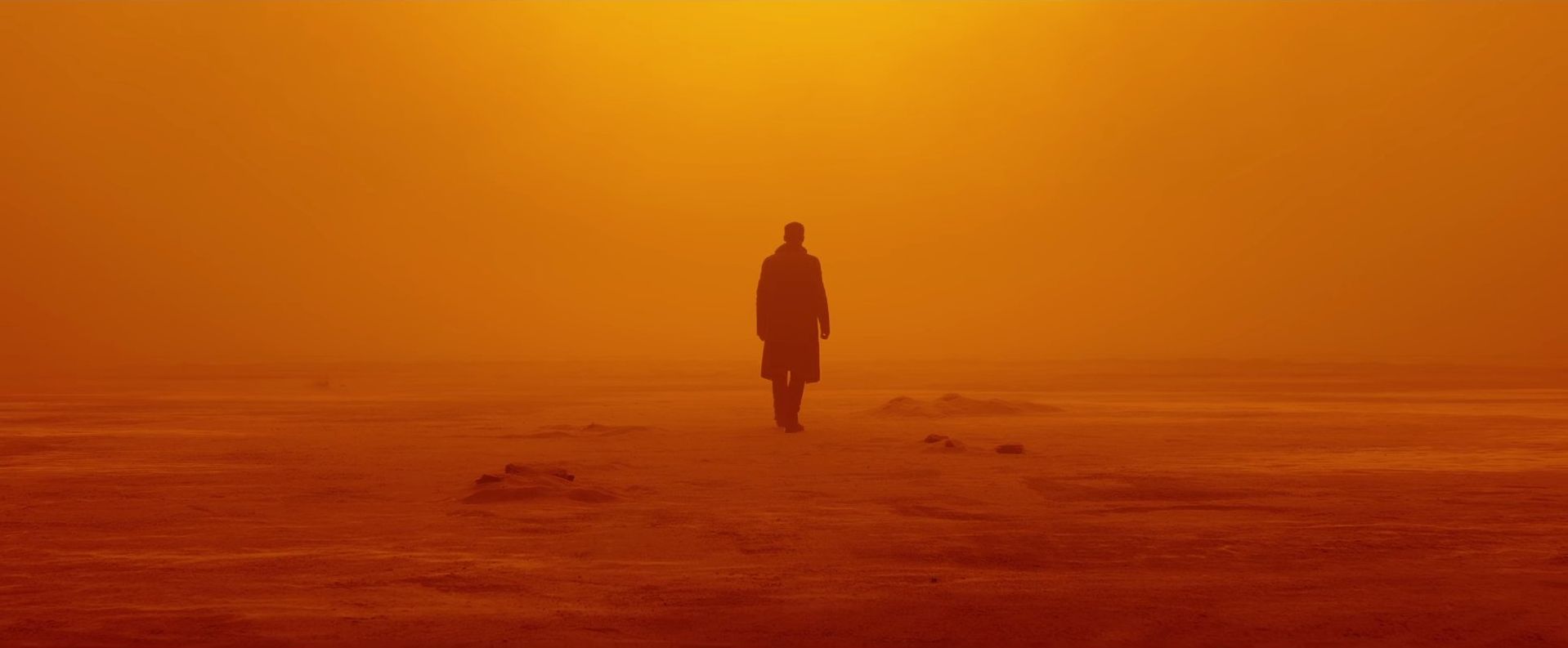Tragedy Girls
by Hope Madden
Heathers meets Scream in the savvy horror comedy that mines social media culture to truly entertaining effect, Tragedy Girls.
Sadie (Brianna Hildebrand) and McKayla (Alexandra Shipp) are looking for more followers to improve their brand, and they have been doing a lot of research to make their content more compelling. The Tragedy Girls plumb their small Ohio town’s surprising death toll with more insight than the local police seem to have. Where do they get their knowledge?
Provocative.
Tyler MacIntyre directs a screenplay he co-wrote with Chris Lee Hill and Justin Olson. The trio wade into the horror of a social media generation with more success than anything we’ve seen to date. A great deal of their success has to do with casting.
Hildebrand and Shipp (both X-Men; Hildebrand was the moody Negasonic in Deadpool while Shipp plays young Storm in the franchise proper) nail their characters’ natural narcissism. Is it just the expectedly shallow, self-centeredness of the teenage years, or are they sociopaths?
Mrs. Kent (Nicky Whelan) would like to know. The spot-on teacher character offers the film’s most pointed piece of social (media) commentary when she points out the traits encouraged in a snapchat world, where shallowness and parasitic, even psychotic behavior is a plus.
The film is careful not to go overboard with its commentary, though, and the final product is the better for it. MacIntyre’s affectionate, perhaps even obsessive, horror movie nods receive at least as much of his time and attention.
The result is both mean and funny. Josh Hutcherson’s small, image-lampooning part is an absolute scream proving that MacIntyre and company have pop cultural insights to spare, and proper comedic timing to boot.
McIntrye loses his snidely meta tone briefly with a lengthy sidetrack focusing on Craig Robinson, which becomes more zany and broad than anything before it. The director can’t entirely find his footing again, as the resolution of the film gets mired a bit too much in the genre tropes.
Still, the details are priceless (she lends him a copy of Martyrs! Dig that ringtone!), the performances impress and the whole thing is a hoot.










